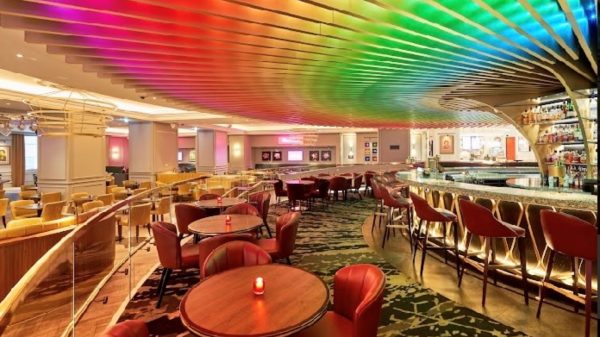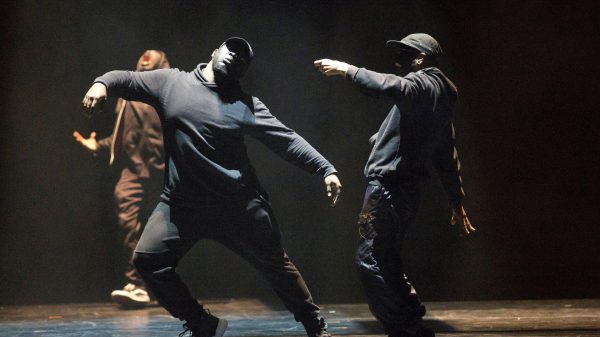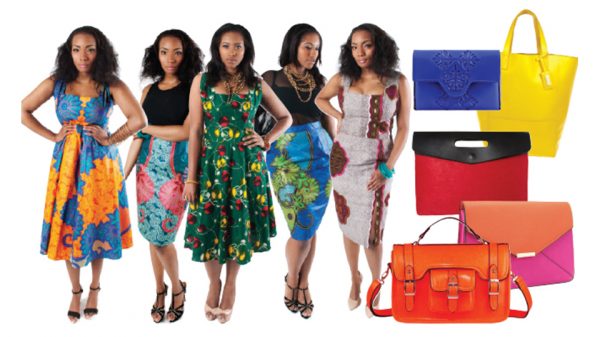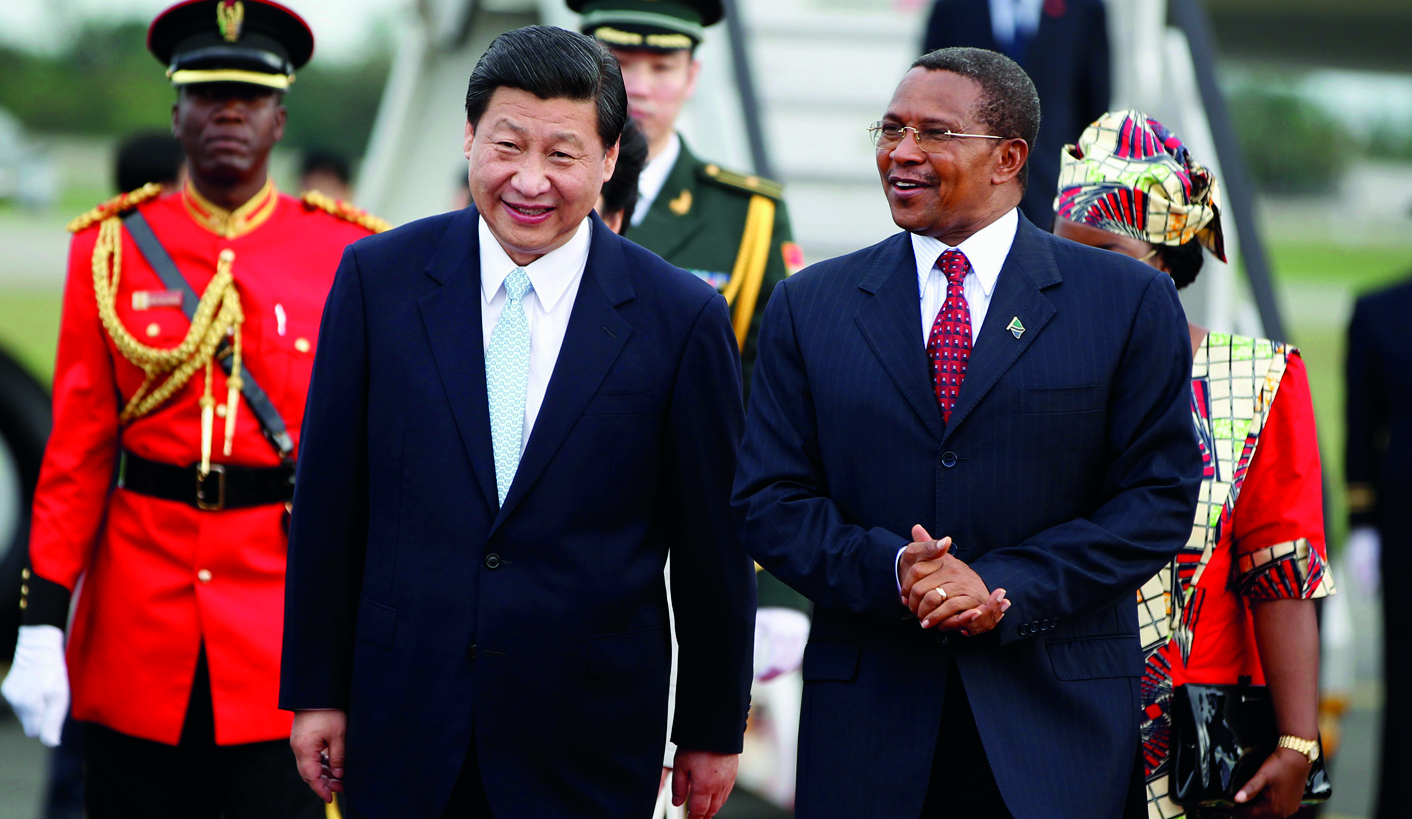China is lending billions to poor African countries who seem unable to ever pay them back and so allowing them to seize valuable African assets.
For centuries, Africa has suffered greatly at the hands of colonialism. Western powers have exploited the land by pillaging its natural resources of minerals, timber and oil to sustain wealth and power. Today, a new super-power from the East is hungry for African soil and economic power. So, why is the Chinese presence in Africa causing concern?
Last month, China pledged another $60 billion in loans and investments to Africa, thus strengthening its grip on the continent; it currently has $136 billion on loan there. China has been criticised for debt colonialism, making loans that it knows states cannot repay then using the debt as leverage to secure land or strategic infrastructure.
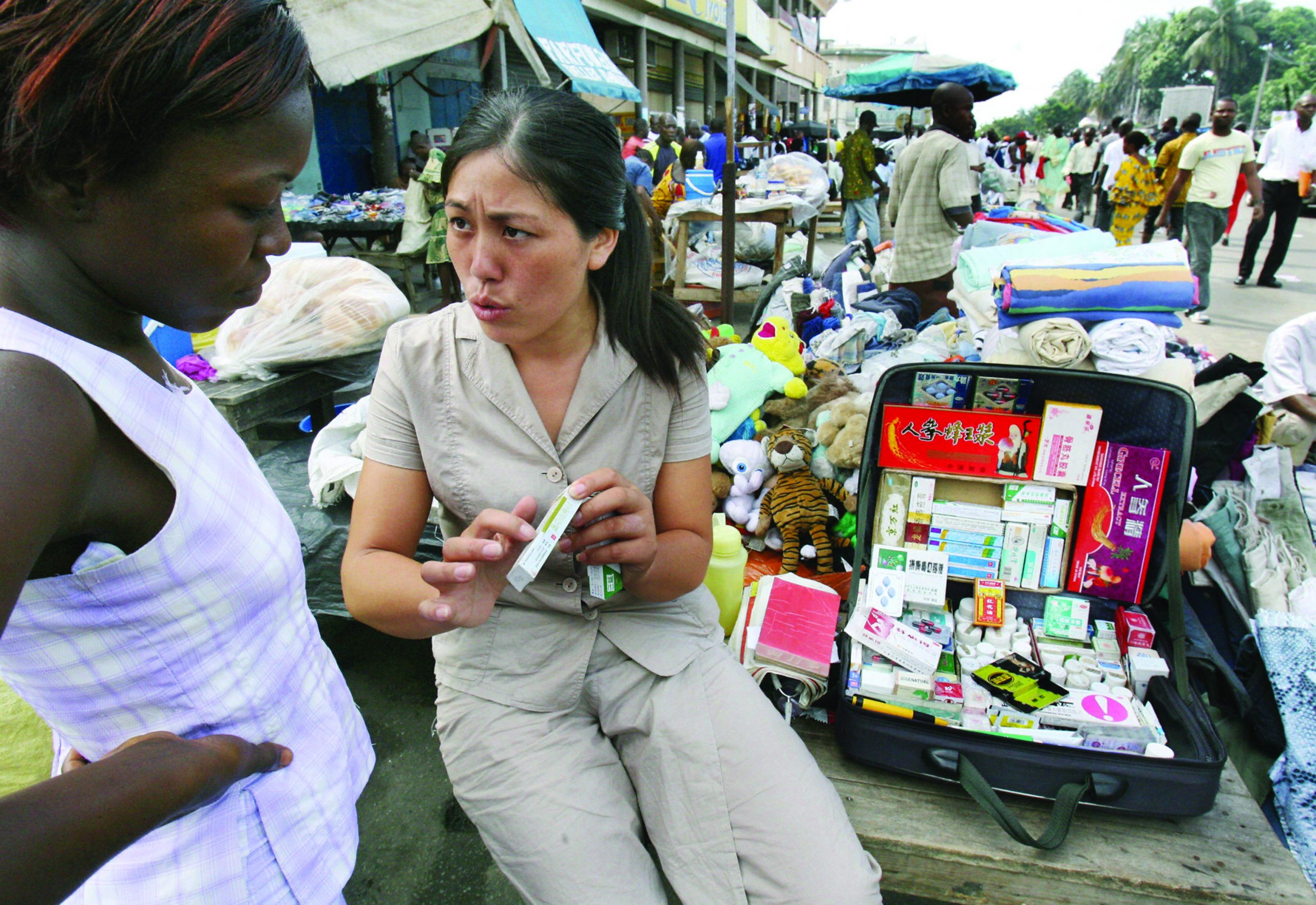
Abidjan, IVORY COAST: TO GO WITH AFP STORIES “China-Africa-summit” A woman sells Chinese medications at a market in Abidjan 03 November 2006. The biggest diplomatic gathering ever hosted by China got under way today as leaders from more than 40 African nations began meeting here for three days of talks aimed at deepening trade and political ties. AFP PHOTO KAMBOU SIA (Photo credit should read KAMBOU SIA/AFP/Getty Images)
With copper to mine in Zambia and Zimbabwe, iron ore to extract in Congo, and oil to refine in Angola, China’s trade strategy to solve their own shortage of natural resources is successfully booming. Across the continent, profitable deals are being struck with African governments to buy out raw materials in return for cash to aid the developing infrastructure, such as the building of new roads, hospitals, schools and railways. Unfortunately, this is not always the case. But what is the true cost?
Much of the money being loaned to African countries is then used to buy Chinese steel and materials for building and then inexplicably also used to pay a huge Chinese workforce, one million strong, that now lives in Africa, mainly doing manual work.
Outraged workers have rioted in Zambia, Angola and Congo over the influx of Chinese migrant workers who are being employed over blacks. According to journalist Peter Hitchens, the Chinese choose not to employ African labour whenever possible as they believe them to be lazy.
‘Wherever our Chinese “brothers” are, they don’t care about the local workers,’ protests Michael Sata, a Zambian opposition politician. ‘We don’t need to import manual labourers from China. We need to import people with skills we don’t have here. The Chinese are not going to train our people in how to push wheelbarrows.’
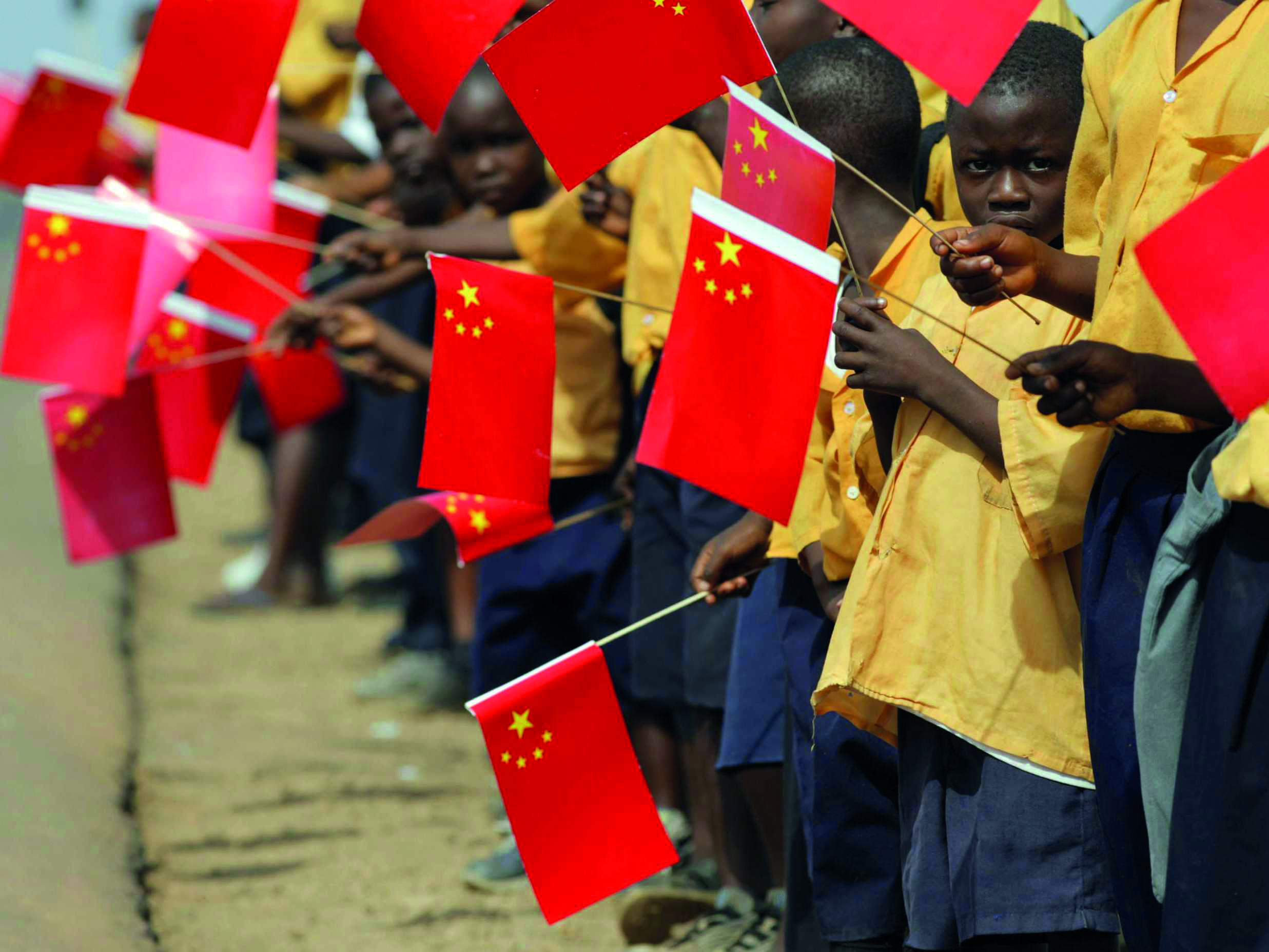
However, Africans are employed as near ‘slave’ labourers in the mines to extract minerals and are forced to work in abhorrent conditions. In Congo, bowed workers spend hours toiling for scraps of cobalt or copper ore in the filthy and dangerous copper mines, and also in streams that are infected with cholera and human faeces. Many perish when their hazardous mines collapse on them, or suffer with terrible injuries without basic medical treatment. Many are only children, risking their lives to earn enough just to survive the day. The excruciating heat makes the heavy-duty labour six times as hard, as they push heavy, 2-hundredweight loads uphill on rusty bicycles to the nearby town. Here, middlemen buy to sell on, mainly to Chinese businessmen. And after all of that, they receive a meagre £1 for a day’s labour or, in some cases, less.
There have also been stories in Zambia of Chinese overseers frequently beating African employees, and a local newspaper reported on a building worker in Ndola, the Copper Belt, who was allegedly beaten unconscious by his Chinese manager, angry that he had fallen asleep on the job.
Chinese clinics, housing, restaurants and cultural centres (funded by the Chinese state) with exclusive, iron-gated compounds are being built; they serve only Chinese food and, in many cases, have banned Africans.
The additional issue in in Africa, of course, is that these large sums of money loaned to the country are then often misused or plundered by the dishonest African dictators, and this is made all the easier by the Chinese policy of not asking for, or ever expecting any control on how most of their loans are used.
The problem is for all the possible ills from these loans and possible consequences they may create, just like the original Wonga loans, they are being lent to people who have few options, especially now that Trump has just cut back USA support for Africa by a further 35%. At present, there seems little that will stop China controlling much of the motherland.






